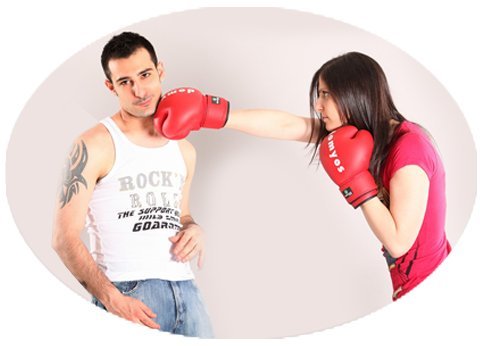
One of the speaking topics that I love to explore, and that is never dull, in my Mandarin Chinese classes is the endless conversation on dating and relationships. Students enjoy comparing the behavior of men and women between cultures and are always curious about how these relationship matters are typically dealt with in China. We like talking about the “battle of the sexes” and learning about each other while also practicing our Chinese.
Recently, a survey of Chinese “netizens” (we love this term!) revealed a list of “The Top 10 Chinese Expressions Men Say That Annoy Women the Most”. I like to share this with my class to facilitate discussion and conversation. We can also learn from each other about cultural matters with this topic.
I will introduce these 10 things Chinese women hate to hear to you today!
#1: “多喝热水。(Duō hē rèshuǐ.)” = “Drink more hot water.”
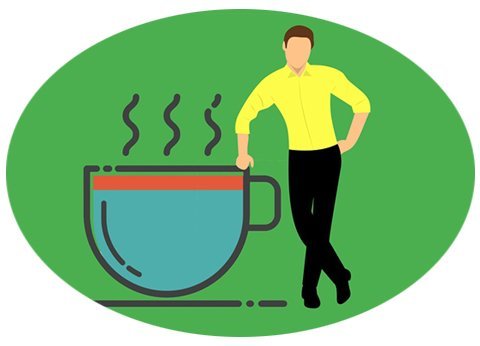
When the woman expresses that she doesn’t feel well and needs care from her boyfriend or husband, if the man says “多喝热水! (Duō hē rèshuǐ!)” The woman will feel very annoyed. She regards this expression as a nonsense excuse. In China, when men can’t take care of their girlfriend or wife when sick, they may say “多喝热水! (Duō hē rèshuǐ!) Drink more hot water!” when they can’t be there for her. Most women may feel angry about this because they feel their man doesn’t understand her. What girls really need is care and comfort, not the often-repeated sentence: “多喝热水! (Duō hē rèshuǐ!) Drink more hot water!”
Women hear “多喝热水! (Duō hē rèshuǐ!)” over and over too often. Eventually, the woman may feel that her man doesn’t care or is not there for her when she needs him.
A situation in that would annoy any woman:
Nǚ: Qīn’àide, wǒ gǎnmào le!
女:亲爱的,我 感冒 了!
Woman: Honey, I’ve got a cold!
Nán: Duō hē rèshuǐ jiù hǎo le.
男: 多 喝 热水 就 好 了。
Man: You’ll get better if you drink more hot water.
Nǚ: Wǒ tóuténg.
女:我 头疼。
Woman: I’ve got a headache!
Nán: Duō hē rèshuǐ jiù hǎo le.
男: 多 喝 热水 就 好 了。
Man: You’ll get better if you drink more hot water.
Nǚ: Wǒ dùzi téng!
女:我 肚子 疼!
Woman: I’ve got a stomachache!
Nán: Duō hē rèshuǐ jiù hǎo le.
男: 多 喝 热水 就 好 了。
Man: You’ll get better if you drink more hot water.
Nǚ: Wǒmen fēnshǒu ba!
女:我们 分手 吧!
Woman: Let’s break up!
Nán: Wǒ de xīn huì téng de.
男:我 的 心 会 疼 的。
Man: My heart will break.
Nǚ: Duō hē diǎn rèshuǐ jiù hǎo le.
女:多 喝 点 热水 就 好 了。
Woman: You’ll get better if you drink more hot water.
Maybe men don’t want to hear “多喝热水 (Duō hē rèshuǐ)” either!
#2: “你又怎么了? (Nǐ yòu zěnme le?)” = “What happened to you, again?”
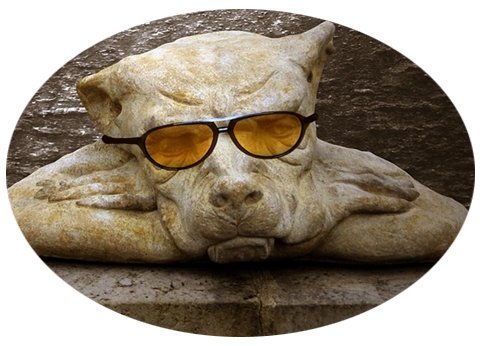
When a woman needs some comfort and care, they may say a number of things to get attention from their boyfriend or husband. If the man answers with “你又怎么了? (Nǐ yòu zěnme le?) What happened to you, again?” Women will become irritable when they catch the word “又 (yòu) again.” They think the answer shows that men are impatient and don’t have confidence in their woman.
#3: “呵呵 (Hēhe)” = A laugh without interest.
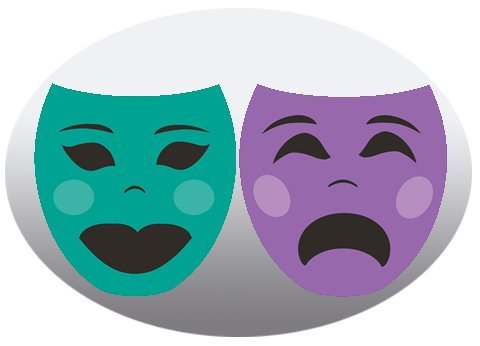
“呵呵 (Hēhe)” is an unpopular word amongst the Chinese online community. It is regarded as a perfunctory and superficial term if you are chatting with someone online. Usually, when people don’t focus on the topic or don’t want to continue the conversation, they may add a “呵呵 (hēhe)” and nothing more as an answer. Be careful! If you respond with “呵呵 (hēhe)” when chatting with a Chinese woman, you may find that the winds are taken out of your sails!
#4: “以后再说。(Yǐhòu zài shuō.)” = Talk about it later.
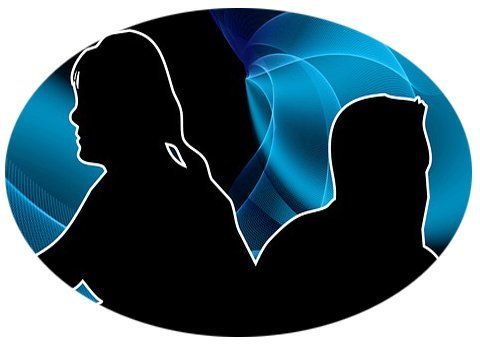
When a woman wants to discuss an unresolved matter, if the man says “以后再说。(Yǐhòu zài shuō.) Talk about it later.” Most women would think “So, when will this “later” time be? Why can’t we talk about it NOW? Does he think that I’m not worth his time? He doesn’t even want to talk with me anymore…”
#5: “都是我的错。(Dōu shì wǒ de cuò.)” = It’s all my fault.
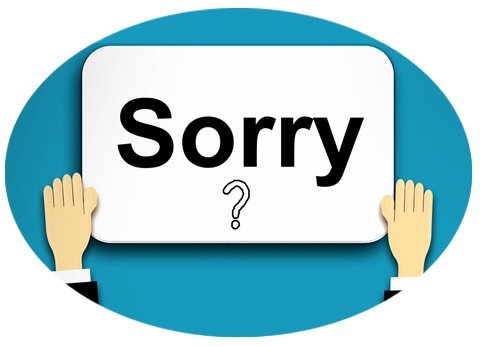
When a woman argues with a man about something, if the man says “都是我的错。(Dōu shì wǒ de cuò.) It’s all my fault.” The woman may feel it is just an impatient answer that dismisses the original problem. In daily life, many men don’t want to discuss what is right and what is wrong. They simply don’t want to talk with women about daily problems that may come up! Therefore, men often say “Whatever, 都是我的错。(Dōu shì wǒ de cuò.) It’s all my fault.” However, when this answer is used too many times, women may feel that men didn’t sincerely admit the mistake, but just avoid the discussion. They just want to escape the “argument” because the problem is not serious to him. That’s why men skip the details: What is the mistake? Who is at fault? It’s always better to face the problem head on rather than use “都是我的错。(Dōu shì wǒ de cuò.)” as an excuse.
So, these are the first 5 of “The Top 10 Chinese Expressions Men Say That Annoy Women the Most”. Ladies, I think maybe you can relate to the frustration of hearing these expressions. Gentlemen, pay attention. Perhaps these expressions are unwelcomed in your own language. Stick around for Part 2 of this later on!
Quiz:
1. All of the following expressions are not popular with girlfriends and wives in China, except:
A. 呵呵 (Hēhe)
B. 你又怎么了? (Nǐ yòu zěnme le?)
C. 以后再说. (Yǐhòu zài shuō.)
D. 你换发型了. (Nǐ huàn fàxíng le.)
source: echineselearning